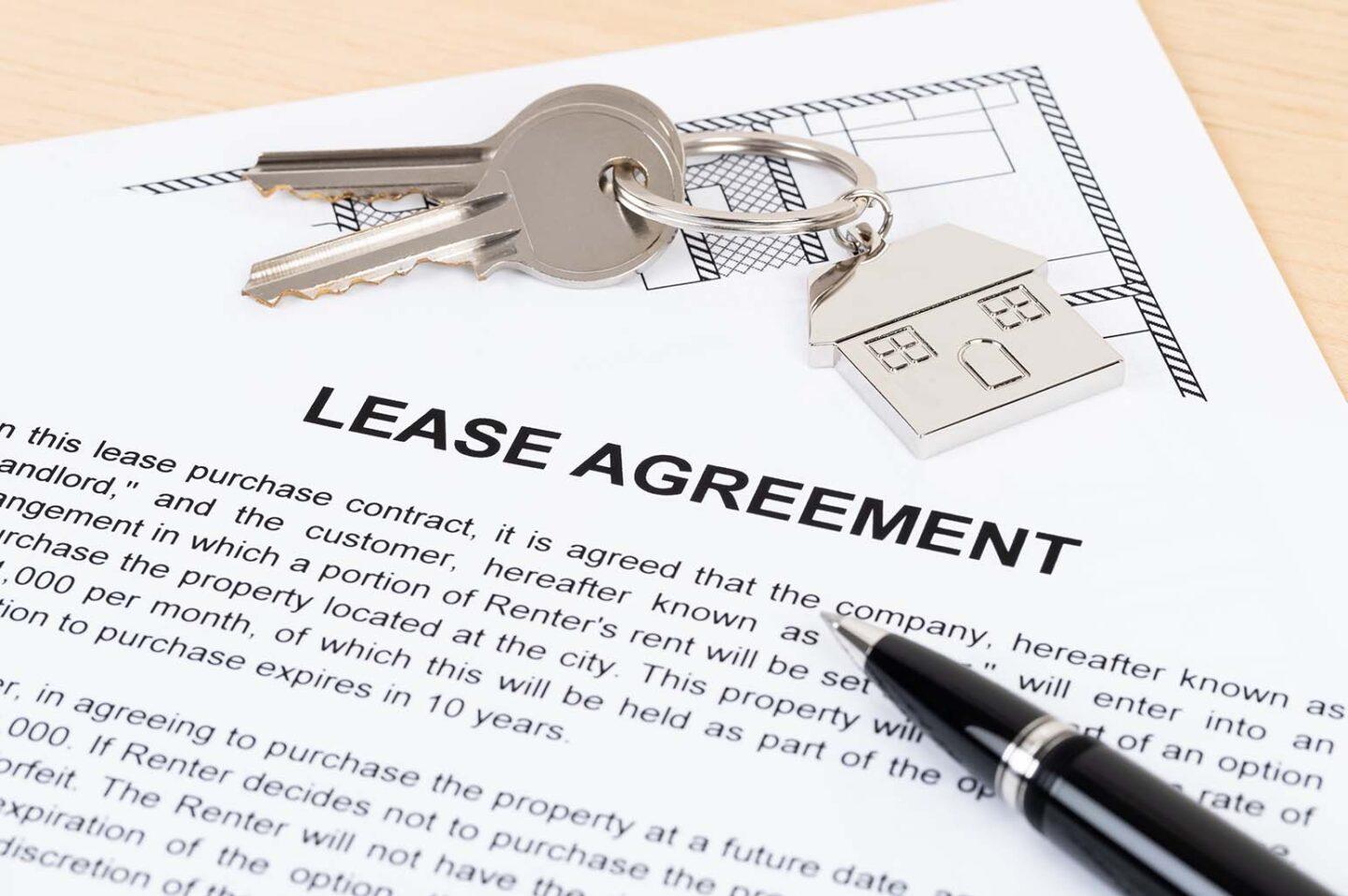Navigate the path to being a successful small landlord with key considerations. Learn the ropes and set yourself up for property management success.

Embarking on the journey of becoming a small landlord can be an exciting yet challenging endeavor. Whether you’re entering the world of real estate investment as a supplemental income stream or as a long-term business venture, there are essential considerations that can pave the way for success. This article delves into some crucial aspects that every future small landlord should carefully contemplate to ensure a smooth and fruitful experience in the dynamic realm of property management.
Thorough Tenant Screening
One of the cornerstones of a successful landlord-tenant relationship is a rigorous tenant screening process. While the prospect of quickly filling vacancies may be tempting, overlooking this crucial step can lead to myriad issues down the road. Beyond the standard credit and background checks, take the time to contact previous landlords for references. Engaging in a conversation with former landlords can offer valuable insights into a potential tenant’s rental history, responsibility, and overall demeanor. Additionally, consider implementing income verification to ensure that prospective tenants have the financial means to meet their rental obligations.
Social media can also provide a window into an individual’s lifestyle and behavior. While it’s important to respect privacy, a cursory review of publicly available information can sometimes reveal red flags or affirm the positive impression gained through the formal screening process. By investing time and effort in comprehensive tenant screening, you not only mitigate the risk of problematic tenants but also contribute to a harmonious and stable rental environment.
Proactive Property Maintenance
Maintaining your rental property isn’t just about fixing issues as they arise; it’s about adopting a proactive approach to ensure the long-term health and value of your investment. Regular property inspections can identify potential problems before they escalate, saving both time and money in the long run. Attend to minor repairs promptly to prevent them from becoming major issues that could disrupt tenants’ lives and result in costly fixes.
Furthermore, establishing clear communication channels with tenants encourages them to report maintenance issues promptly. Implementing a responsive system for handling repair requests fosters a positive landlord-tenant relationship and demonstrates your commitment to providing a safe and comfortable living environment. Remember that well-maintained properties not only attract and retain quality tenants but also contribute to the overall appreciation of your real estate asset.
Legal Understanding and Compliance
Navigating the legal landscape of property management is a non-negotiable aspect of being a small landlord. From lease agreements to eviction procedures, a solid understanding of local, state, and federal laws is paramount. Keep abreast of any changes in legislation that may impact your rights and responsibilities as a landlord. Familiarize yourself with fair housing laws to ensure that your tenant selection process is both ethical and legally sound.
In the unfortunate event of a dispute, having a comprehensive and legally sound lease agreement can be your best defense. Consult with legal professionals to draft or review your lease agreement, ensuring that it aligns with current regulations and adequately protects your interests. Being proactive in legal compliance not only safeguards your investment but also fosters a transparent and trustworthy relationship with your tenants.
Streamlining Operations with Property Management Software
In the digital age, leveraging technology can be a game-changer for small-scale landlords. Property management software offers a comprehensive solution to streamline various aspects of your rental business. From rent collection and expense tracking to communication management, these tools can enhance efficiency and organization. Choose a user-friendly platform that aligns with the scale of your operations, allowing you to manage tasks seamlessly.
Additionally, some software solutions come equipped with features like automated reminders for lease renewals and maintenance schedules, ensuring that you stay on top of crucial deadlines. By integrating property management software for small-scale landlords into your practices, you not only enhance operational efficiency but also create a more transparent and accessible platform for communication with your tenants. This technological advancement complements the other considerations discussed in this article, offering a modern and efficient approach to property management.
Financial Prudence and Budgeting
Effective financial management is a linchpin for the success of any small landlord. Establishing a detailed budget that encompasses not only routine maintenance and repairs but also potential vacancies is essential. Allocate funds for unforeseen expenses and create a financial cushion to weather economic downturns or unexpected market fluctuations. Regularly review your financial statements to assess the performance of your investment and identify areas for improvement. By adopting a proactive and strategic financial approach, you position yourself to navigate the challenges inherent in property management with greater resilience and foresight.
Community Engagement and Networking
Building strong connections within the local community can significantly impact your success as a small landlord. Attend local events, join property owner associations, and engage with other landlords to share insights and experiences. Networking not only provides valuable knowledge but can also lead to potential collaborations or referrals for trusted service providers. Developing positive relationships with neighbors and the community fosters goodwill and can enhance the appeal of your rental property. Additionally, staying informed about local market trends and regulations through community engagement ensures that you can adapt your strategies to align with the evolving dynamics of the real estate landscape.
In Conclusion
Becoming a successful small landlord involves a holistic approach that goes beyond the basic responsibilities of property management. Thorough tenant screening, proactive property maintenance, legal compliance, the integration of property management software for small-scale landlords, financial prudence, and community engagement collectively contribute to a robust foundation for real estate success. By carefully navigating these considerations, you not only mitigate risks but also enhance the overall experience for both yourself and your tenants. Embrace these principles, stay adaptable, and you’ll find that your journey in property management can be not only lucrative but also rewarding. Happy landlording!